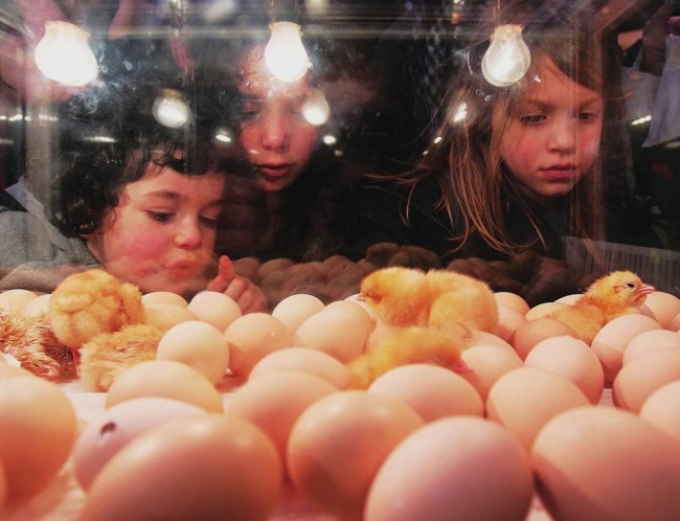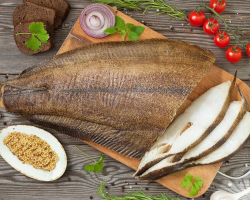Eggs are the most famous product in the history of cooking, providing a person with high -quality protein, vitamins and trace elements. Is there a way to maintain the beneficial properties of the egg for as long as possible? We reveal the secrets of proper storage of such a valuable product.
Content
- Storage periods of raw eggs
- What is the shelf life of chicken eggs in the refrigerator?
- Storage of quail eggs in the refrigerator
- Storage periods of boiled eggs
- Egg storage periods for incubation
- Features of use and storage periods of goose eggs
- Features of use and shelf life of ostrich eggs
- How much eggs should be stored: tips and reviews
- Video: How to store eggs correctly?
The most used eggs include
- duck
- ostrich
- quail
- chicken
- indies
- goose
- cesarean
In fairness, it is worth noting that an egg of any bird is edible. The main condition is that the product should be as fresh as possible!
Important. Poisoning with stale eggs occupy the second place after mushrooms in the statistics of food poisoning
Storage periods of raw eggs
The storage periods of eggs at room temperature and in the refrigerator depend on many factors.
- Storage temperature
- The temperature located within 3-4 ° C is considered optimal
- For comparison: 1 day of storage of chicken egg at room temperature corresponds to 1 week storage in the refrigerator
- The more stable the temperature regime, the longer the product will retain its freshness
- Humidity
Surprisingly, the eggs love wet air. That is why many culinary specialists and poultry farms recommend storing eggs in the refrigerator in containers for vegetables. At the same time, excess humidity can cause the occurrence of putrefactive processes and ruin the product
- The thickness of the shell
The thicker the shell and denser the inner film of the egg, the longer it is stored (even without a refrigerator). Cesar eggs that differ relatively thick shells remain fresh at room temperature for more than 30 days
- The integrity of the shell
The shell is an ideal shell created by nature itself. Even the most microscopic cracks that arose on it violate the internal balance and reduce the shelf life of the egg

- The cleanliness of the shell: the cleaner the surface, the less all kinds of pathogenic organisms are on it
- But this does not mean that the eggs of non -waterfowl birds must be urgently washed. In washed raw eggs, the shelf life is sharply reduced. This is due to the need to “breathe”. When washing eggshell, pores are clogged, which prevents the natural gas exchange of the internal contents of the egg with the environment. Eggs are washed with warm water immediately before use. Silmed eggs are used first
- Eggs demolished by waterfowl, you can and should be washed with water before laying for storage!
- Lighting
Eggs do not like sunlight! The darker the place of storage, the longer the eggs are stored
- Position

Such laying of eggs is quite justified. The fact is that in the rounded stupid part of the egg there is an air chamber, the so -called "Pug". Nature has created a beam as an oxygen pillow for the future chick. Pug and more than 10,000 pores, the shells saturate the egg with oxygen, removing carbon dioxide and hydrogen sulfide outside the shell
These are general rules that extend the shelf life of all bird eggs. Read about the features of storage of individual types below
What is the shelf life of chicken eggs in the refrigerator?
Chicken eggs remain the most popular product around the world.
If you buy eggs in the store, carefully study the marking. It is she who will tell you how much you can store the product you purchase, because the storage periods of diet and dining eggs are different. The decryption of the marking is shown in the photo below

Important: do not forget to pay attention to the date of packaging/egg packaging
Storage of quail eggs in the refrigerator
Quail eggs, in comparison with chicken, have a smaller size, a thinner shell. This also determines the shorter shelf life of the product, even if there is a refrigerator. So at a temperature regime of 18-23⁰ and in compliance with all of the above rules, a quail egg can be stored for no more than 30 days. In the refrigerator, the shelf life increases to 60 days.

Storage periods of boiled eggs
In the case of an egg, the generally accepted logic is not acceptable: heat treatment does not increase, but sharply reduces the shelf life of the product.
The boiled chicken egg remains suitable for consumption
- at room temperature no more than 24 hours
- in the refrigerator-3-5 days (depending on the initial freshness of the eggs and the cooking method). Storage for more than 5 days worsens the food characteristics of the product. Eating boiled eggs that have been in the refrigerator for more than 10 days can be dangerous for health
Important: we are talking about an unpeeled baked egg!

Why are boiled eggs stored less?
All the fault of the action of high temperatures, as a result of which
- the natural protection of the shell is destroyed
- protein and yolk are curled up - the process of the so -called denaturation occurs
- natural processes are violated inside the shell, because the main purpose of the egg is not at all to become breakfast
Egg storage periods for incubation
The main purpose of the egg is to become a cradle of a new life.

How much the egg will cope with its priority task depends on the conditions of its storage. Other rules work here
- The optimal temperature regime of egg storage before incubation is 8-15 ° C, for ostrich-16-18 ° C
- Humidity-75-80%
- Laying method
- avoid multi -tiered egg laying
- use special styling trays
- straug, quail, chicken, turkey eggs lay vertically, dull ending up. To prevent jams and stretching of grades, move the embryo and drying out the medium from time to time turn the eggs from top to bottom
- guse, duck eggs, store in a horizontal position as well, from time to time, changing their position. In order not to get confused when turning the material for incubation, march one of the sides of the egg with a simple pencil
- Egg storage periods at an optimum temperature
- chicken, ostrich and quail-6-7 days
- indians –5-6 days
- duck-8-10 days
- goose-10-12 days
Features of use and storage periods of goose eggs
Eggs of waterfowl are rare guests on our tables.

There are several reasons for this:
- Geese and ducks are not so -sole by definition. Their eggs, first of all, are used to make up for a bird's number. Rejected raw materials, not suitable for incubation, is used in cooking
- Eggs of waterfowl of birds are usually eaten only after heat treatment due to high risk of infection with salmonellosis
- The conditions of storage of eggs are almost identical to the conditions of storage of chicken eggs, but the shelf life is greater due to the high density of the shell
If you are lucky enough to become the owner of a goose or duck chicken, do not be embarrassed by a new culinary experience! These products have proven themselves in baking, omelettes, salads
Features of use and shelf life of ostrich eggs
The ostrich confidently conquers the northern latitudes and feels perfectly in our, far from African, climate.
- Ostrich eggs are a dietary product, while maintaining all the beneficial properties of chicken eggs
- From one ostrich egg, you can prepare an omelet for 8-10 people. A broken egg can be stored in a hermetically closed container in the refrigerator for 2-3 days, without losing its beneficial properties
- At room temperature, an ostrich egg can be stored for up to 30 days, if there is no damage to the shell. In the refrigerator, the shelf life increases to 6 months
How much eggs should be stored: tips and reviews
More information about how much the eggs should be stored will tell the video at the end of the article.







